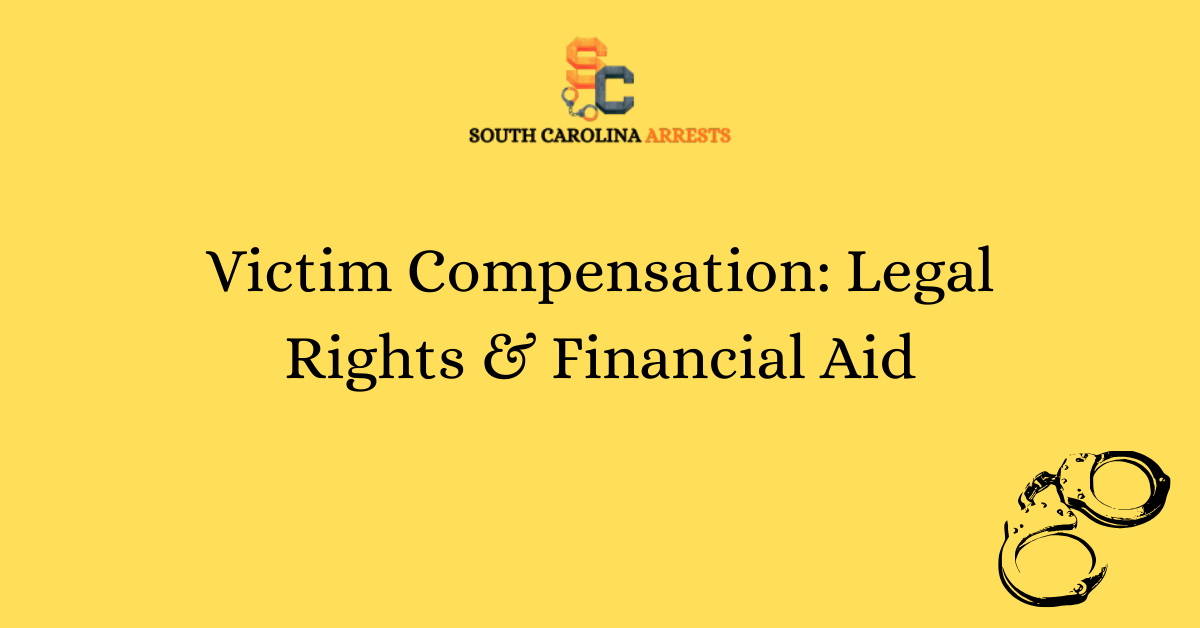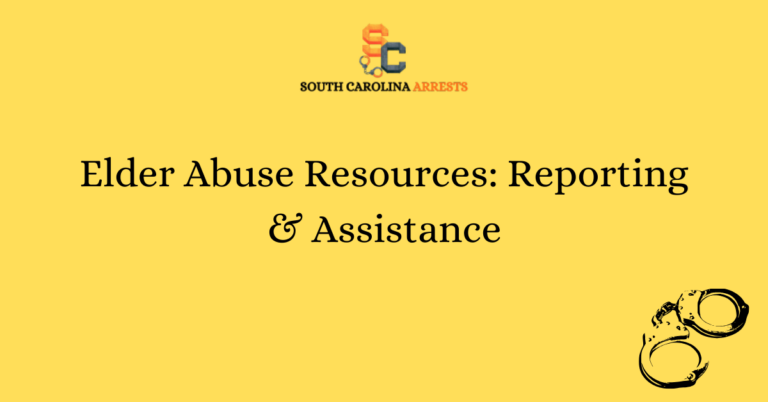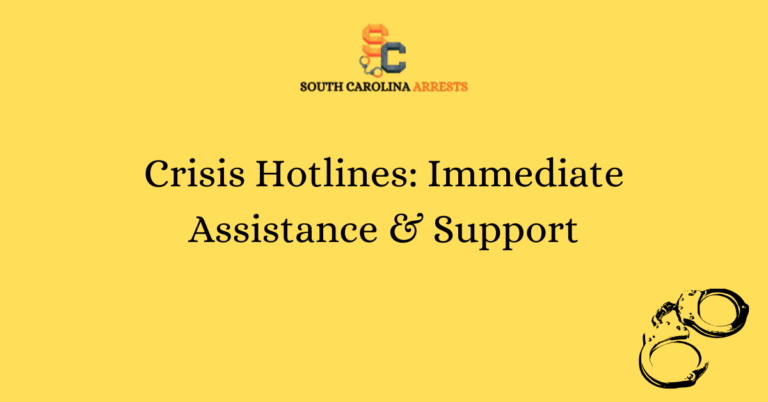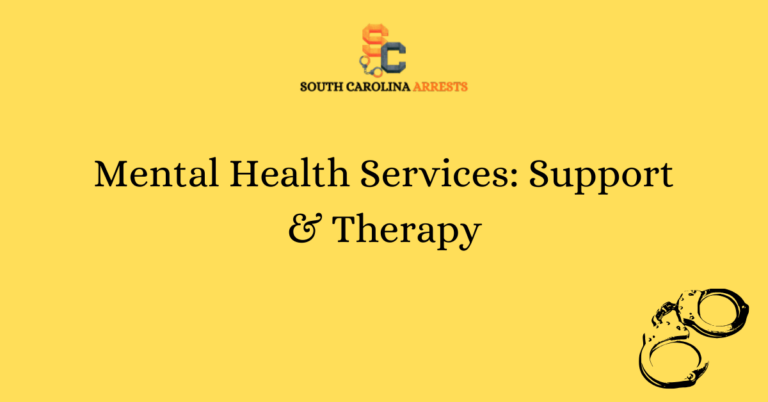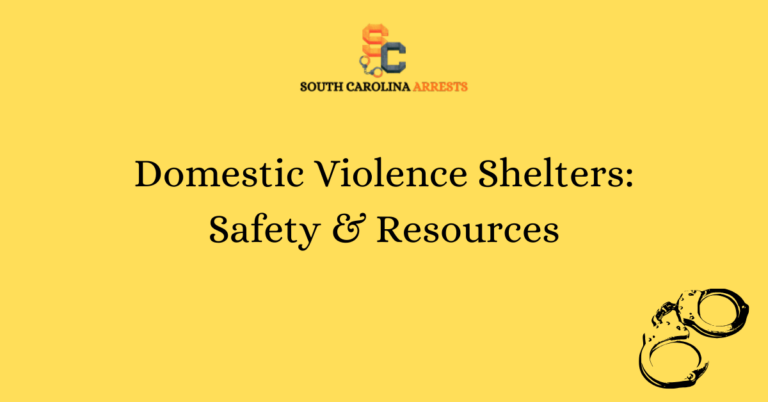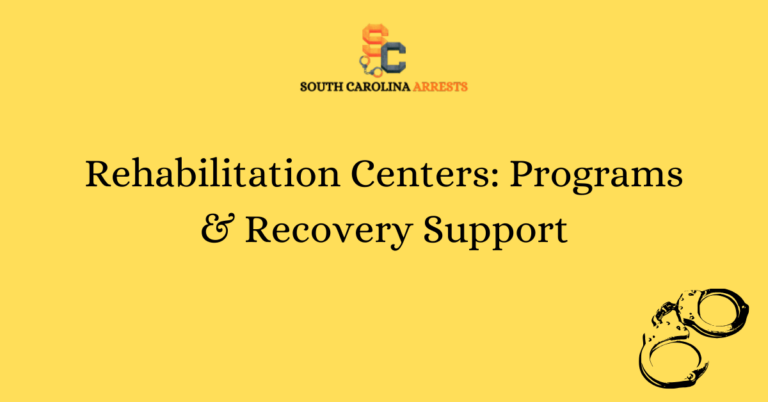Victim Compensation: Legal Rights & Financial Aid
When faced with the aftermath of a crime, individuals often find themselves navigating a complex web of legal procedures and financial burdens. Understanding the rights and avenues for seeking compensation can be a daunting task, adding to the emotional distress already experienced. In such challenging times, having access to a comprehensive guide on victim compensation can be a crucial lifeline, offering clarity and guidance in pursuing legal remedies.
Victim compensation programs aim to alleviate the financial strain on victims of crimes by providing monetary support for expenses such as medical bills, lost wages, and counseling services. These programs are designed to ensure that victims are not left to bear the financial consequences of crimes committed against them. By shedding light on the legal rights and financial aid available to victims, individuals can better navigate the aftermath of a crime and work towards rebuilding their lives.
Victim Compensation Programs
Victim compensation programs are designed to provide financial assistance to individuals who have suffered physical, emotional, or financial harm as a result of a crime. These programs aim to help victims recover from their losses and move forward with their lives. By understanding the benefits, eligibility criteria, and application process for victim compensation, individuals can access the support they need to rebuild their lives.
Benefits of Victim Compensation
Victim compensation programs offer a range of benefits to eligible individuals, including financial assistance for medical expenses, counseling services, lost wages, and funeral costs. By providing this support, victim compensation programs help victims recover from their losses and regain a sense of stability in their lives.
Eligibility Criteria for Victim Compensation
In order to qualify for victim compensation, individuals must meet certain eligibility criteria, such as being a victim of a qualifying crime, reporting the crime to law enforcement, and cooperating with the investigation and prosecution of the crime. Additionally, some programs may have specific requirements related to the timing of the application or the type of expenses being claimed.
Types of Expenses Covered by Victim Compensation
Victim compensation programs typically cover a wide range of expenses, including medical bills, mental health counseling, lost wages, funeral expenses, and relocation costs. By reimbursing victims for these expenses, these programs help alleviate the financial burden that often accompanies being a victim of a crime.
Application Process for Victim Compensation
The application process for victim compensation varies by program but generally involves submitting an application form, providing documentation of the crime and expenses incurred, and complying with any additional requirements set forth by the program. It is important for victims to carefully follow the instructions provided by the program to ensure their application is processed in a timely manner.
Documentation Required for Victim Compensation Claims
When applying for victim compensation, individuals will need to provide documentation of the crime, such as a police report or court documents, as well as documentation of the expenses incurred as a result of the crime, such as medical bills or receipts for counseling services. Providing thorough and accurate documentation is crucial to the success of a victim compensation claim.
Timeframe for Receiving Victim Compensation
The timeframe for receiving victim compensation can vary depending on the program and the complexity of the case. In general, victims can expect to receive a decision on their claim within a few weeks to a few months of submitting their application. However, some programs may have longer processing times, particularly for more complex cases.
Appealing a Denied Victim Compensation Claim
If a victim’s compensation claim is denied, they may have the right to appeal the decision. The appeals process typically involves submitting additional documentation or evidence to support the claim and requesting a review of the decision by the program’s appeals board. By following the appeals process outlined by the program, victims may be able to overturn a denial and receive the compensation they are entitled to.
Additional Support Services for Victims
In addition to financial assistance, victim compensation programs may also offer additional support services to help victims recover from their experiences, such as support groups, legal advocacy, and referrals to community resources. By accessing these support services, victims can receive the comprehensive care they need to heal and move forward with their lives.
Frequently Asked Questions
Our Frequently Asked Questions section aims to provide you with all the information you need regarding victim compensation, legal rights, and financial aid.
What is victim compensation?
Victim compensation refers to financial assistance provided to individuals who have been victims of crimes. This aid can cover medical expenses, lost wages, and other costs incurred as a result of the crime.
What are the legal rights of crime victims?
Crime victims have the right to be treated with fairness, respect, and dignity throughout the criminal justice process. They also have the right to be informed about their case and to be heard during court proceedings.
How can I apply for victim compensation?
To apply for victim compensation, you will need to contact your state’s victim compensation program and fill out the necessary forms. You may be required to provide documentation of the crime and expenses incurred.
What types of expenses are covered by victim compensation?
Victim compensation typically covers medical expenses, counseling costs, lost wages, funeral expenses, and other financial losses incurred as a result of the crime. Each state’s program may have specific guidelines on what expenses are eligible for compensation.
Can I get victim compensation without reporting the crime to the police?
Many victim compensation programs require that the crime be reported to law enforcement in order to be eligible for compensation. However, some states may have exceptions for certain circumstances. It is best to contact your state’s program for more information.
Are there time limits for applying for victim compensation?
Each state has its own statute of limitations for applying for victim compensation. It is important to apply as soon as possible after the crime occurs to ensure that you meet the deadline for filing. Some states may have exceptions for certain situations, so it is best to check with your state’s program.

